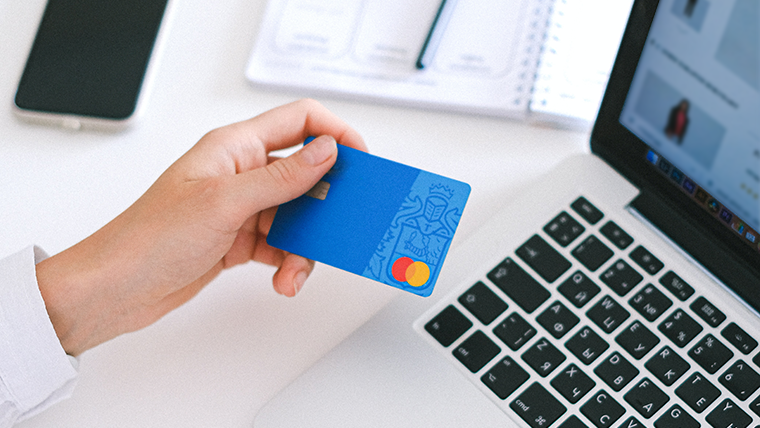
| 

Not many credit card users are aware that their credit utilisation has a considerable influence on their credit score. If you have multiple credit cards that have their credit limit mostly used it reflects that you are not able to manage your finances and will negatively affect the credit score. However, if you use the credit limit prudently i.e., just a limited amount of credit, it could have a positive impact on the credit score. The higher the credit score the better deals you can get on mortgages, credit cards and interest rates etc.
What is credit utilisation?
The amount of credit used from the limit is termed credit utilisation. E.g., from 100% if you use 50% it would be your credit utilisation.
How much credit should be ideally utilised?
Limiting your usage to 30% of your credit limit would be most suitable as it indicates to the lender that you are managing your finances well. If you show more than 50% usage of the credit limit it may affect the credit score. Those using above 75% will further impact the credit score. Those that exceed the limit will also have their credit score lowered and have to pay a surcharge. While trying to ensure to limit your credit utilisation is necessary, care must be taken not to neglect using it altogether. If the credit card is not used it will not contribute to building a healthy history of credit. All lenders examine an applicant’s credit card history to check their creditworthiness. To have healthy credit using the card regularly but prudently is necessary.
Ways to limit credit card spending
One of the easiest ways to limit spending is to know the credit limit of each card you have. Looking at your spending history the credit card company might raise your limit (although they must inform you). Keep track of the credit limit and the amount spent on each.
The easiest and most obvious way is to limit spending on credit cards. If in a situation there is a need to spend more than 30% there are a few options available.
- Ask for a raise in the credit limit while ensuring not to overspend.
- Use two or three cards to make purchases instead of using a single card.
- Consider the option of applying for a new credit card. However, keep in mind it will lower the credit score because of a hard search.
Finally, limiting your credit limit usage will help in the long term in many different ways. The way you use your credit limit has a direct impact on your credit history and eventually your credit score. In case of a late or missed payment, it can take a long while to improve the credit score. That is where prudent utilisation of your credit limit helps to a considerable extent to keep the score healthy. Having a high credit score will translate into benefits like the best interest rates, zero interest deals, lower interest rates charged etc.


